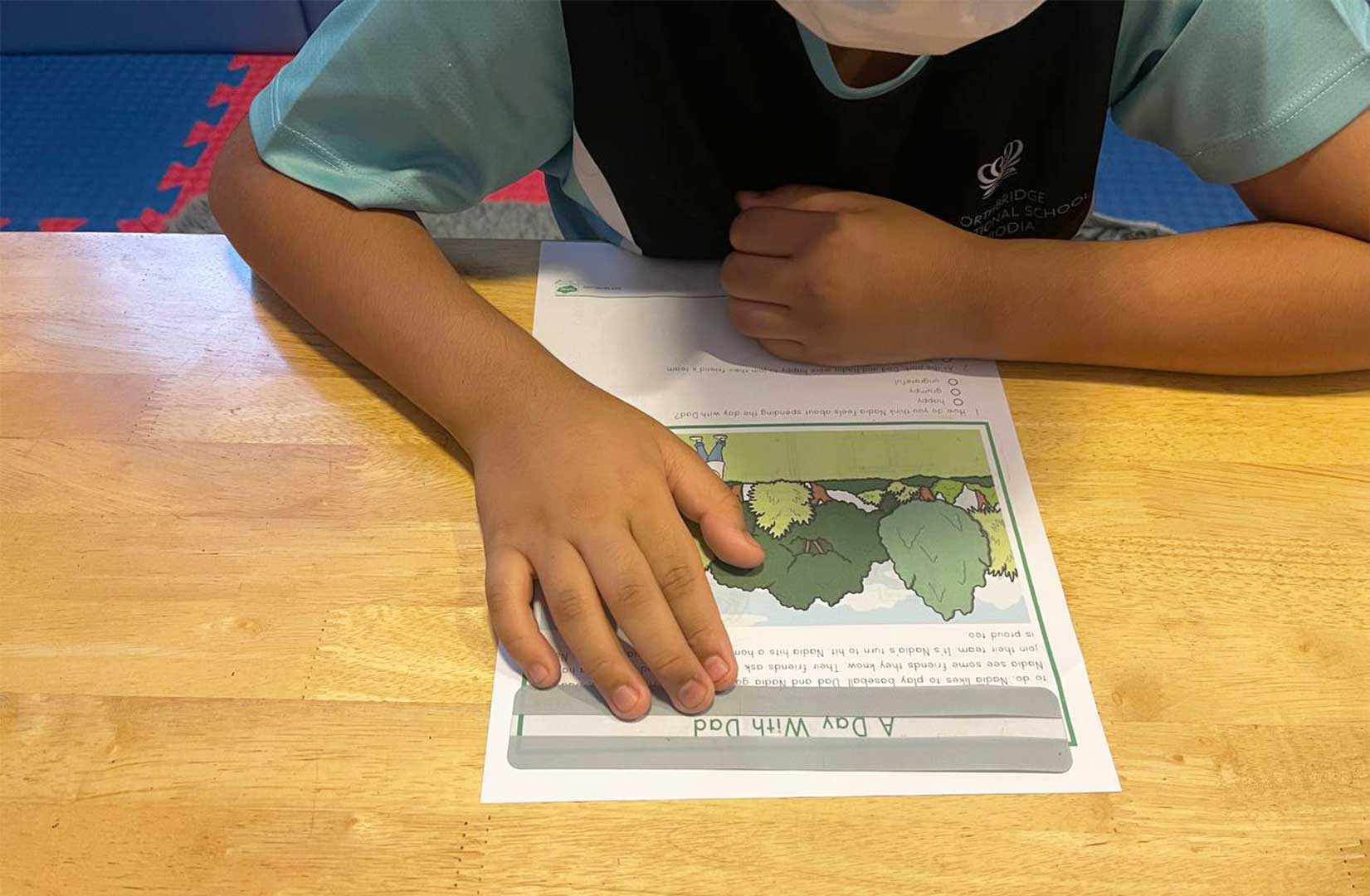Reading is a cornerstone of academic success and everyday communication. However, for some children—especially those with dyslexia—this skill can be especially challenging. Dyslexia is not a reflection of intelligence but a specific learning difference that affects how the brain processes written and spoken language. Knowing how to distinguish dyslexia from general reading difficulties is essential to provide the right support, especially in early childhood settings such as preschools.
What Is Dyslexia?
Dyslexia is a neurologically-based learning difference that affects the ability to read, spell, and process language. It is estimated to impact around 10% of the population. Children with dyslexia often struggle with tasks that involve matching sounds to letters, reading fluently, or remembering how to spell familiar words. These challenges arise despite normal vision, hearing, and cognitive ability.
Common signs of dyslexia include:
-
Difficulty identifying letter sounds (phonemic awareness)
-
Struggles with decoding unfamiliar words
-
Slow or labored reading fluency
-
Frequent spelling mistakes or letter reversals
-
Frustration or low confidence in reading tasks
Not All Reading Difficulties Are Dyslexia
It’s important to understand that not all children with reading challenges have dyslexia. Some may struggle due to a lack of exposure to books, inconsistent instruction, or other learning disorders. Broader reading difficulties can involve:
-
Trouble with reading comprehension
-
Limited vocabulary or language exposure
-
Lack of motivation due to past failures or frustration
-
Attention-related challenges affecting focus during reading
Identifying whether a child has dyslexia or another reading barrier requires professional assessment and observation over time.
Early Intervention Makes a Big Difference
For both dyslexia and general reading difficulties, early support is key. Intervention at the preschool or early elementary level can dramatically improve outcomes. At OrbRom Center’s specialized preschool program in Phnom Penh, our team uses individualized strategies to help children develop foundational literacy skills.
Effective intervention may include:
-
Phonemic awareness training – teaching children to recognize and manipulate individual sounds
-
Phonics-based instruction – helping kids connect letters with sounds in structured ways
-
Multisensory learning – using visual, auditory, and kinesthetic methods to reinforce reading
-
Assistive technology – tools like audiobooks or text-to-speech apps to support comprehension
Supporting the Whole Child
Children with dyslexia benefit from more than academic instruction—they thrive in environments that nurture their confidence, social skills, and emotional well-being. At OrbRom Preschool, we combine expert teaching with holistic developmental support:
-
Focus on self-esteem and emotional regulation
-
Collaborative learning with teachers and therapists
-
Opportunities for physical activity and sensory integration in our sensory room and outdoor spaces
-
Encouragement of growth mindset and persistence through challenges
By understanding the difference between dyslexia and general reading difficulties, and by offering early, personalized support, we can help every child build the skills they need to succeed. Whether through multisensory teaching or emotional encouragement, the right interventions make all the difference. OrbRom Center is committed to helping children overcome learning obstacles and thrive in every aspect of their development.
We are the only Preschool specialized on children with special needs in PhnomPenh.
- Internationally qualified teachers
- Cambodia’s largest sensory room
- Outdoor swimming pool
- Covered outdoor playground
📞 Phone: 077.455.993
Telegram Link: https://t.me/OrbRom





